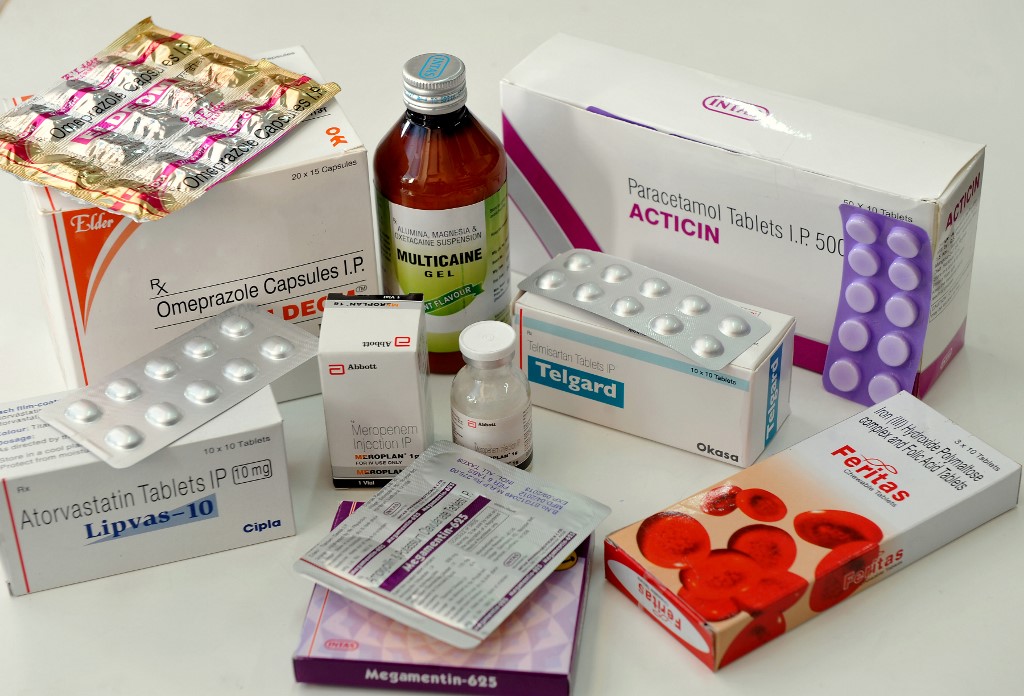AT (Feb. 19) – The coronavirus outbreak and the resulting factory shutdown in China has led to a supply crunch in the Indian pharmaceutical sector and prices of some drugs have gone up.
According to media reports the price of paracetamol – a common drug used to treat many conditions including headache, cold, and fevers, among others – has risen by 40%, while the cost of azithromycin, an antibiotic used for curing various bacterial infections, has spiked by 70%.
Industry experts feel the supply crunch will worsen if factories don’t start functioning by the first week of next month. India depends on China for 80% of its requirement of active pharmaceutical ingredients. So, the supply disruption is expected to lead to increased production costs in India.
Many businesses in China came to a standstill amid restrictions on the movement of people and commodities. The virus-hit Hubei province and Shandong account for around a quarter of the raw materials supplied to India and if the factory shutdown is prolonged it could have a cascading effect on the pharma industry.
However, reports that units producing pharmaceutical ingredients in other provinces have resumed production has evoked hope among industry experts.
The Indian pharmaceutical industry is concerned that stocks of active ingredients for drugs like paracetamol, ibuprofen, could last for 15 days, while stocks for other drugs could last for two to three months.
A government panel wants Indian states to take action against hoarders and entities or people creating an artificial shortage of essential drugs.
India is one of the largest suppliers of generic drugs and has numerous homegrown pharmaceutical industries, 12% of which cater to the US market.
The federal government is also considering imposing an export ban on 12 essential drugs including antibiotics, vitamins, and hormones, to ensure that there is no shortage of drugs in the country.
Impact on tech firms
Meanwhile, repercussions from the epidemic have been felt in the tech sector, with mobile-phone maker Asus and now Xiaomi indicating that the outbreak has taken a toll on their supply chain.
Though Xiaomi has factories in India, they mainly assemble components shipped from China. It claims the current supply chain disruption has affected the supply of its popular Redmi Note 8. This has made Redmi Note more expensive – by about 500 rupees, but Xiaomi has assured that the hike will be temporary and the price will be lowered once its supplies resume.
The coronavirus outbreak has also hit poultry sales in India, thanks to rumors on social media platforms such as WhatsApp and YouTube that the virus can be transmitted through chicken. In the past few weeks there has been a significant decline in sales and prices have almost halved.
Finance Minister Nirmala Sitharaman has assured that the government will formulate a response to the disruption of exports and imports following the coronavirus outbreak.
This article first appeared on Asia Times
























